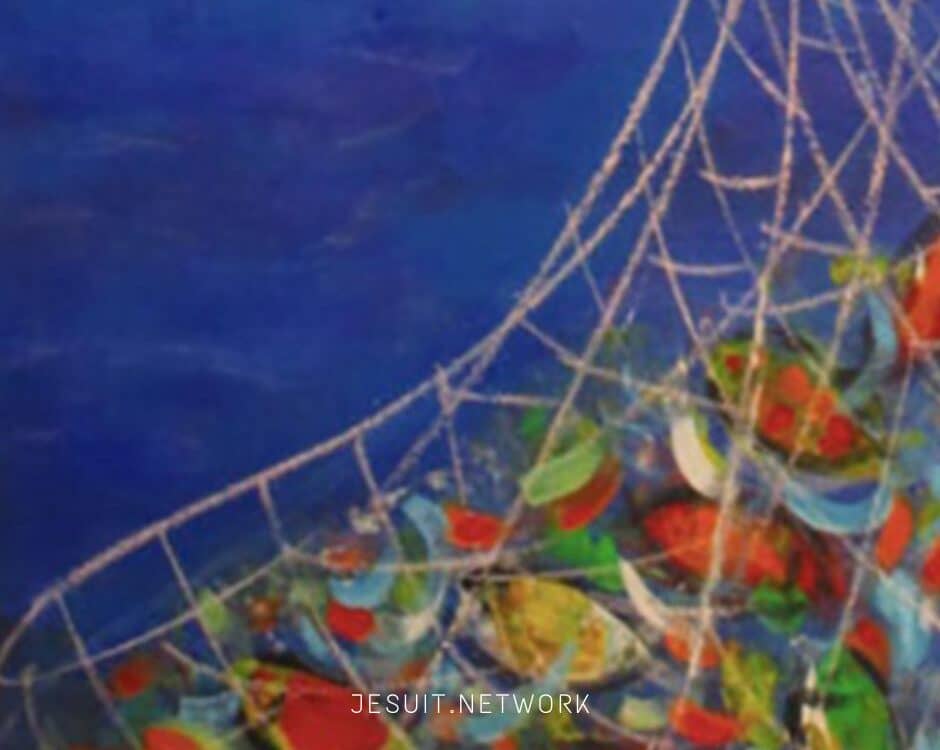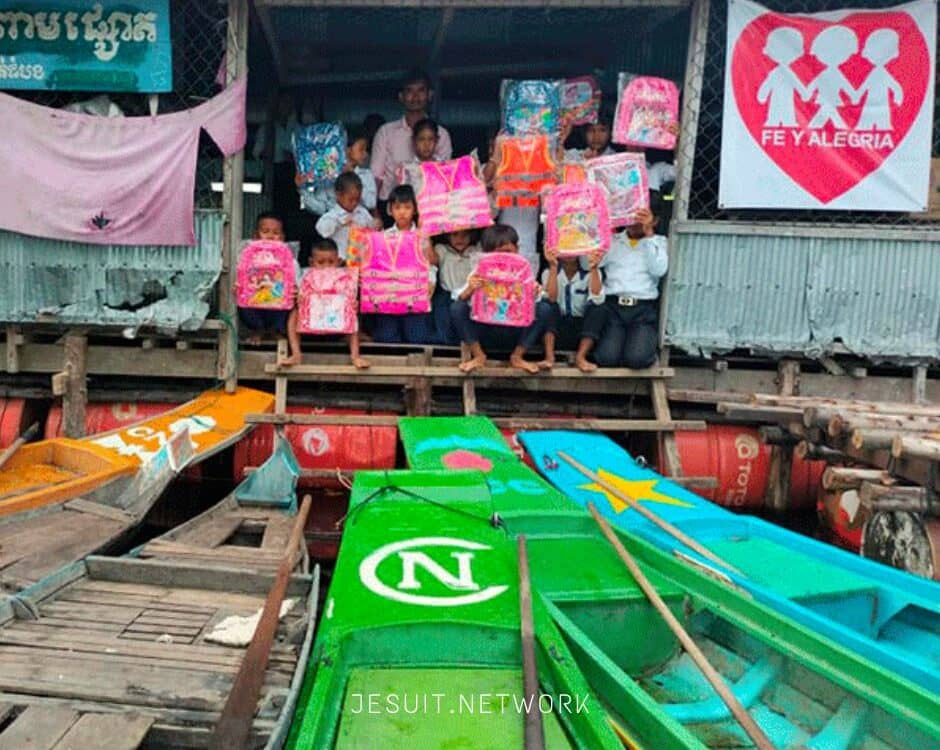This website uses cookies so that we can provide you with the best user experience possible. Cookie information is stored in your browser and performs functions such as recognising you when you return to our website and helping our team to understand which sections of the website you find most interesting and useful.
Re-politicize or die. Towards a broader public action strategy for NGOs
A couple of days ago I met a friend who had returned to the field of NGOs after five years working elsewhere. She was surprised with how little NGOs had changed during that period of time. And truth be told, she was not wrong. Her conclusion made me think about what we, as Non-Governmental Organizations, should change about ourselves to have a greater impact in the world we live in. What should we do to become relevant actors in this complex context? Today’s world faces great challenges such as rampant inequality, the pursuit of profit at any price, the adverse effects of climate change, the unequal distribution of wealth, access to knowledge and power, the humanitarian crisis which causes the displacement of millions of people, the crisis of trust and traditional political parties, and the crisis of identity or the return of nationalism, just to mention a few. However, there are also multiple possibilities, new forms of participation and new interests.
In this context, what should NGOs do to become relevant in the upcoming years and that our work proves to be creditable, trustworthy and sustainable?
I believe than in a world affected by inequality and an unfair distribution of power, resources, knowledge and so on, NGOs should promote collective empowerment and the participation of people in the public sphere. They could do so in, at least, two ways:
- In the first place, listening and being close to the people they attend to and whose rights they defend. Those who have been socially excluded are the ones who can help NGOs to become relevant, as long as NGOs are willing to listen to them and strengthen their capacities to understand the world, to communicate and to influence in public policies. People and grassroots organizations themselves must become the subjects of rights, the development projects and the strategies of political action that defend them. Aside from personal testimonies and life stories, there is a need to create a system based on the engagement with the media, political discourses with their own voice, and the proposal of solutions and alternatives. The idea is to open the way to the socially excluded and create a space which accommodates decision makers, mass media and social base, and even connects with other people and similar collectives in other places (worldwide) so that those who are excluded are able to expand their capacity of negotiation, learn from one another, exchange experiences, join forces and network. The proximity, inner richness and strength of the excluded and their organizations is what will move the work of NGOs, giving them life, ideas and innovation.
- Secondly, NGOs should be close to their social base, to their stakeholders, listening to them and encouraging their participation in the public sphere. As NGOs, we should increase the capacities of our social base through education, communication and the opening of spaces and channels that enable participation in the public sphere. In an era where there is a certain state of disenchantment towards traditional politics, but, where there is also an intensified interest in political participation- as the generalized idea that democracy is more than voting every four years, as mass movilizations and other movements of civil particpation have proven– NGOs should prepare the channels for political participation and movilization. In so doing, NGOs will take the pulse to the societies in which they work in, and by being close to these societies, they will be able to better understand and interpret the world they live in.
The Society of Jesus’ trajectory in the defense of justice, its closeness to the margins and the frontiers, its display in different parts of the world and its relationship and contacts with decisonmakers qualify the Society of Jesus to open spaces and contacts between people and grassroots organisations and media and political representatives. Many Jesuit organisations have a strong mobilisation capacity and may promote participation of universities, schools, social base and civil society networks.
These two premises- closeness to the people at the margins and the promotion of participation of the social base- should serve as a guide to help us understand the best path to follow. So, what can we do with these two “compasses”? Basically, the idea is to re-politicize the actions taken by NGOs to adjust the balance of power towards the people, decisively influencing the public sphere or, even better, creating the appropriate channels so that people are able to do so themselves. To this end, it is essential to foster analysis and discourse on the causes which prompt poverty, inequality and the exclusion of millions of people worldwide; globalize solidarity; articulate and align interests and organizations by networking to achieve common objectives; organize meetings and exchanges; universalize the fight for human and social rights, and influence public policy in order to achieve structural and sustainable changes. Will Jesuit social organizations be up to these challenges?





